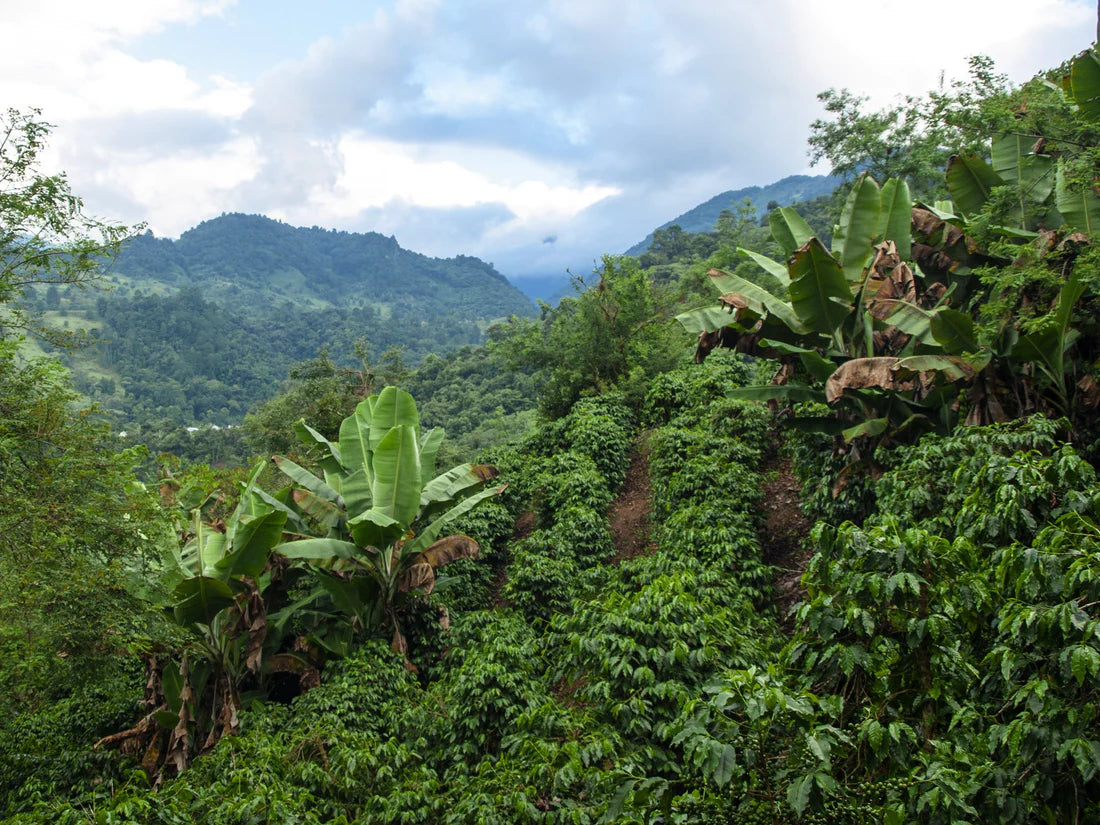
Specialty Coffee Culture in Mexico and Colombia: a Comparison
When it comes to specialty coffee, both Colombia and Mexico are significant in the global market, but their coffee cultures and export strategies differ in unique ways. Colombia has long been recognized as one of the premier coffee producers, with a well-established reputation for exporting some of the world’s finest beans. Its mountainous terrain, diverse micro-climates, and near-perfect coffee-growing conditions have made it a foundation of global coffee culture, and its specialty coffee market is very strong, emphasizing quality, sustainability, and direct trade relationships.

Mexico, by contrast, is a rising star in the specialty coffee world, often overlooked but gaining momentum. What makes Mexico’s coffee culture unique is that much of its high-quality coffee never leaves the country. With the rise of specialty coffee shops in cities like Mexico City and Oaxaca, local demand for premium beans has grown quickly. The growing interest in artisanal coffee has created a vibrant café culture where domestic consumption outpaces exports. While Colombia’s coffee is known and enjoyed worldwide, Mexico’s best beans are increasingly being consumed within its borders, making it rare to find Mexican specialty coffee outside the country.

This contrast highlights the different paths each country’s coffee industry has taken. Colombia’s well-established global presence is built on decades of export-focused production, where specialty coffee is widely available internationally. In Mexico, the recent specialty coffee movement is more locally focused, with cooperatives and small-scale farmers working to supply the growing domestic market. Despite challenges like the roya epidemic, which devastated coffee production in parts of Mexico, farmers have responded by adopting sustainable practices and improving quality. This has fueled the rise of Mexico’s specialty coffee scene, though much of it remains within the country.
Consumer Culture: Tradition vs. Innovation
Colombian coffee culture is deeply rooted in tradition. Coffee is a staple of daily life, and specialty coffee builds on this heritage by introducing new brewing methods and a focus on traceability. Colombia’s specialty market, particularly in the bigger cities of Bogotá and Medellín, reflects this balance between tradition and innovation, offering consumers a range of options for their coffee.

In Mexico, specialty coffee culture is newer but growing quickly. The boom in specialty coffee shops has transformed how Mexicans drink and think about coffee, with more attention to single-origin beans, brewing methods, and sustainability. The local demand for high quality coffee has shifted the focus inward, creating a market where Mexican consumers now have access to some of the country’s best beans—something that wasn’t as common until very recently.
While both countries are making significant contributions to the specialty coffee world, Colombia’s coffee remains a global commodity, while Mexico’s finest beans are increasingly appreciated at home. This difference reflects the unique evolution of each country’s coffee culture and offers a glimpse into how local demand and global reputation can shape the future of specialty coffee.
